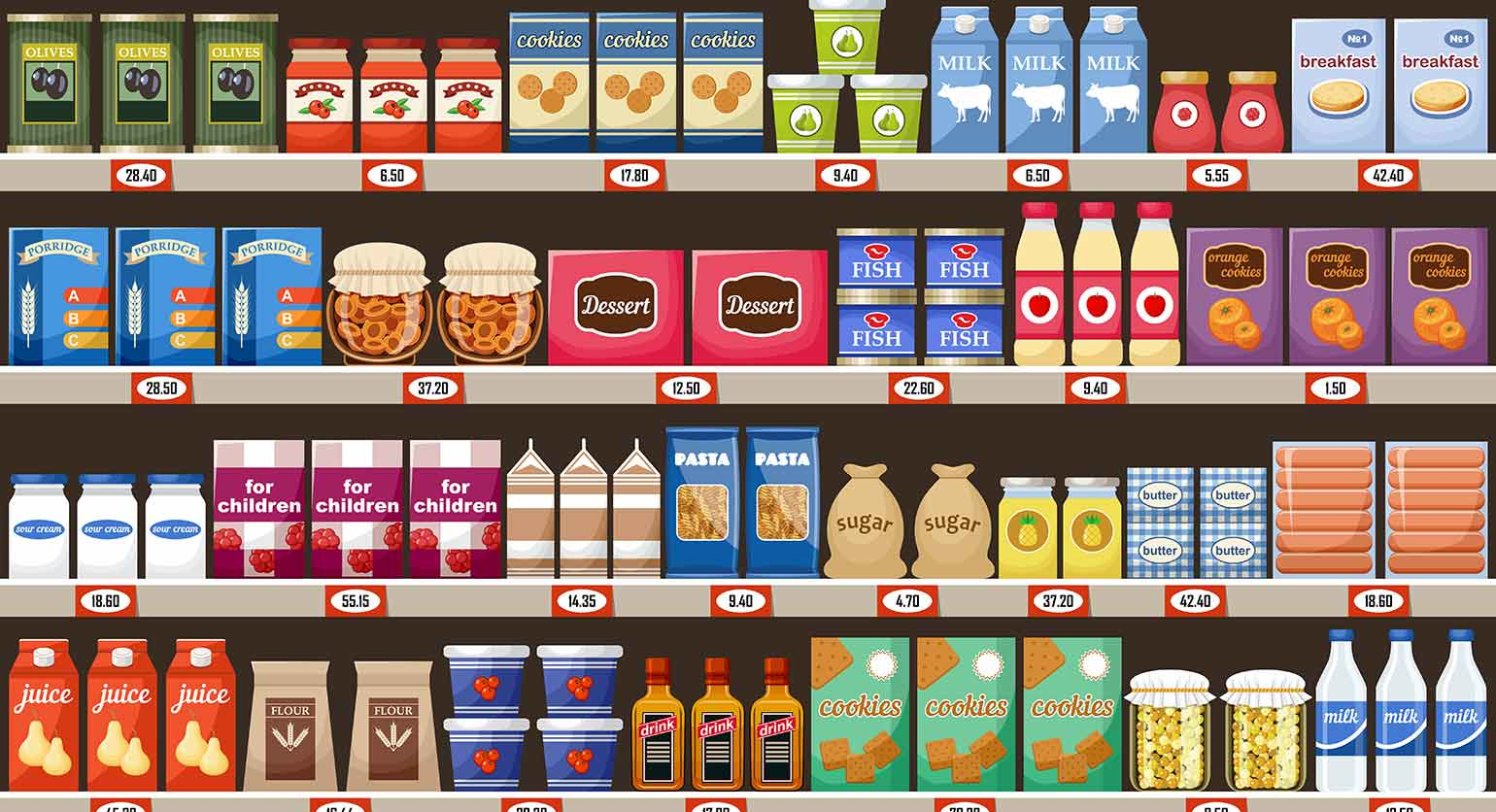Introduction
In the extremely managed food industry, contract manufacturers play a vital duty in bringing products to market. These companies focus on producing and also product packaging food products in behalf of various other companies, enabling brands to concentrate on advertising and marketing and distribution. Nevertheless, agreement manufacturers have to browse a complex landscape of food labeling needs to make sure compliance with Australian regulations. This write-up provides insights and guidance for agreement makers operating in Australia, covering topics such as contract food manufacturing, food safety and security standards, labeling demands, and also more.
Contract Food Manufacturing: Meeting the Demand for Outsourcing
Contract food manufacturing has ended up being progressively prominent in recent times as organizations aim to outsource their manufacturing demands. This setup enables business to take advantage of the proficiency as well as resources of specific suppliers while concentrating on their core competencies. In Australia, contract food manufacturing is a growing market, with companies providing a vast Check out the post right here array of solutions, including item advancement, solution, product packaging, and top quality control.
Understanding Food Safety and security Criteria in Australia
Food safety and security is of extremely important importance in the agreement production sector. Contract suppliers must comply with strict guidelines to ensure the safety and security as well as integrity of the items they generate. In Australia, these standards are established by Food Requirement Australia New Zealand (FSANZ) and enforced by state and region regulative authorities.
The Great Production Practices (GMP) standards offer a structure for ensuring that food are manufactured continually and fulfill top quality requirements. Agreement makers have to execute robust quality control systems to adhere to GMP requirements. This involves developing treatments for component sourcing, production processes, storage space, handling, product packaging, labeling, and distribution.
Meeting Classifying Needs: Key Considerations
Accurate and also insightful labeling is necessary for ensuring customer safety and security and advertising openness in the industry. Contract producers should acquaint themselves with Australian labeling requirements to stay clear of costly blunders or possible lawful problems. Right here are some crucial factors to consider when it involves food labeling in Australia:
1. Obligatory Tag Information
Australian food labeling regulations call for specific information to be presented on item labels. This includes the product name, active ingredients list, allergen info, nutritional information, and also native land. Agreement makers must guarantee that all compulsory label details is precise and clearly legible.
2. Irritant Management
Allergen monitoring is a crucial element of food labeling in Australia. Agreement manufacturers should have robust systems in position to stop cross-contamination and also precisely state the visibility of irritants on product tags. This entails carrying out complete danger assessments, implementing segregation measures, and also consistently testing for irritant traces.
3. Nutritional Information
Nutritional info is an important consideration for customers when making investing in choices. Australian food labeling legislations need agreement makers to give exact and also standard nutritional info on their products. This includes the power value (calories), protein material, fat web content, carbohydrate web content, and any kind of various other relevant nutrient information.
4. Native Land Labeling
Country of beginning labeling is an additional requirement that agreement producers need to abide by in Australia. This includes clearly indicating the nation or countries where the product was made or grown. The Australian Competition and also Consumer Compensation (ACCC) offers standards on exactly how to meet country of origin labeling requirements.
5. Health And Wellness Claims and Marketing Messages
Contract makers should additionally recognize the guidelines bordering wellness cases as well as advertising messages on food tags. In Australia, any type of cases made regarding the health and wellness benefits or properties of a product must be sustained by clinical evidence and follow details guidelines established by FSANZ.
FAQs: Typical Concerns About Food Classifying Needs in Australia
What are the effects of non-compliance with food labeling needs in Australia? Non-compliance with food labeling demands can result in legal penalties, including penalties or product remembers. It can likewise damage a brand's online reputation as well as deteriorate customer trust.


Are there specific labeling requirements for health food products in Australia? Yes, organic food items have additional labeling requirements in Australia. They must be certified by an identified natural certifier as well as present the relevant certification logo.
Can contract makers assist with product growth and formula? Yes, lots of contract makers provide product advancement and formula services. They can help in creating personalized formulas that satisfy certain dietary or dietary requirements.
What is the function of contract makers in making sure food safety? Agreement manufacturers are in charge of carrying out durable food security systems, including GMP guidelines, to guarantee the security and also integrity of the items they produce.
Are there any exceptions to food labeling needs for small companies? Small businesses may be eligible for sure exceptions or simplified labeling demands. Nonetheless, it is important to seek advice from regulative authorities or seek legal advice to identify eligibility.
How can acquire manufacturers remain updated on modifications to food labeling guidelines? Contract producers must routinely check updates from FSANZ and various other regulatory bodies. They can also involve with industry organizations and participate in appropriate seminars or workshops to stay informed.
Conclusion
Navigating food labeling requirements in Australia is a complicated job for contract manufacturers. Compliance with laws is important to ensure customer safety and security as well as preserve count on the industry. By comprehending the key considerations laid out in this post, agreement suppliers can browse the regulatory landscape successfully while delivering top quality items that fulfill sector standards. Partnering with experienced professionals that focus on food labeling as well as conformity can better enhance an agreement maker's capability to meet these requirements successfully.
